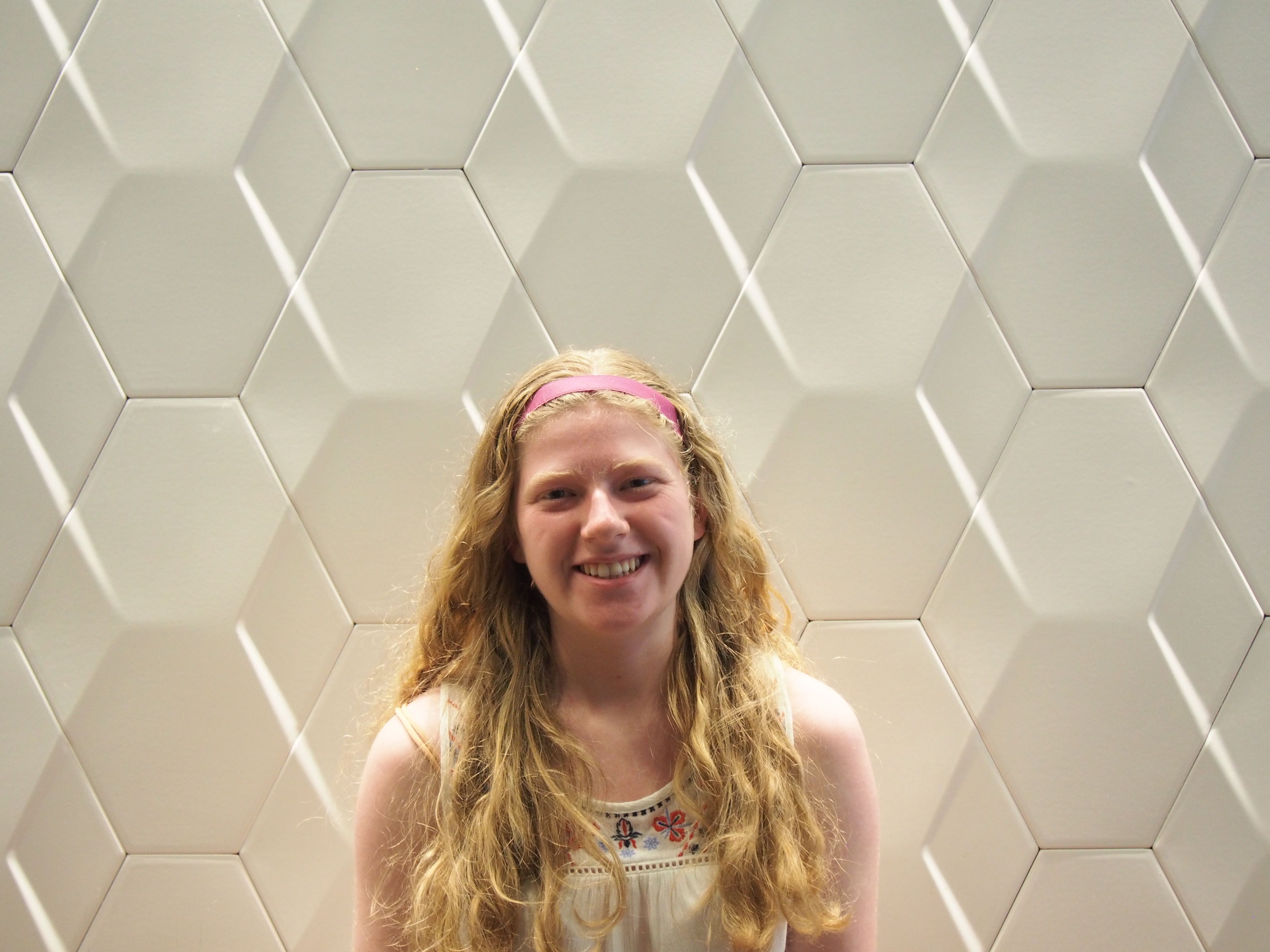Reflection: Digital Confidence
As English majors without a lot of prior experience with or exposure to digital humanities, Colette and I found the idea of using digital tools in conjunction with studying eighteenth century novels to be somewhat foreign. We agreed that one of the great things about END is the fact that it helps us reconcile these two fields, by demonstrating how digital tools can be integrated into the study of English. END emphasizes the fact that the humanities and the digital realm are not two totally separate spheres, and it’s been useful to see how the two can work together and reinforce one another. It’s been especially helpful to learn this through actually working on a project, as opposed to reading theory about digital humanities. Writing code in MarcXML while simultaneously paging through fragile eighteenth-century novels may sound odd, but it’s become routine and feels completely natural at this point, which says a lot about how successfully END links the material and the digital spheres.
Because this feels so natural, coding and digital tools as a whole seem less intimidating now. As Colette mentions in her post, so much of my intimidation in this realm stemmed from my lack of exposure to it, while what exposure I had often felt discouraging. Here, however, the fact that I had no experience with MarcXML, and had never heard of topic modeling prior to this summer wasn’t treated as a drawback, and I echo Colette in saying how much this has impacted me. For instance, we’ve started playing around with the command line, and while we may not be able to do anything significant there (or even fully understand what it is, let alone what it does) knowing that it exists still feels significant. While I doubt I’ll use the command line much outside of END, it’s been so affirming to be treated as though I can learn these tools.
Because we’re in such a supportive and comfortable environment, and because we’re beginning to see how digital tools and the humanities can be related, we’re also motivated to learn more about digital tools. In the past, my perception of computer science, coding, and digital tools was that they belonged in the realm of the sciences or STEM. I felt intimidated by them, didn’t understand them, and didn’t really want to understand them, because it didn’t seem like there was much point for someone with my interests. As a result, the fact that END makes coding and the digital realm relevant to English and the humanities feels like a huge deal to me. If I’m being completely honest, my heart still belongs more to the humanities aspect of DH than to the digital one, but I do feel like I have a much better understanding of what it actually means to work with digital tools, and my attitude towards them is much less reluctant than before.
In discussing this with Colette, we both agreed that this evolution has been possible largely because of the encouraging, open setting we’re in at END. Being able to talk casually with one another and pose questions to the group makes the job less stressful and more fun, and it removes any degree of intimidation we may have felt at the start. We’ve both been struck by how we’ve never been made to feel bad about our lack of knowledge or understanding about a topic, and the way we’ve been encouraged and patiently taught has also done a lot to motivate us to learn more.
